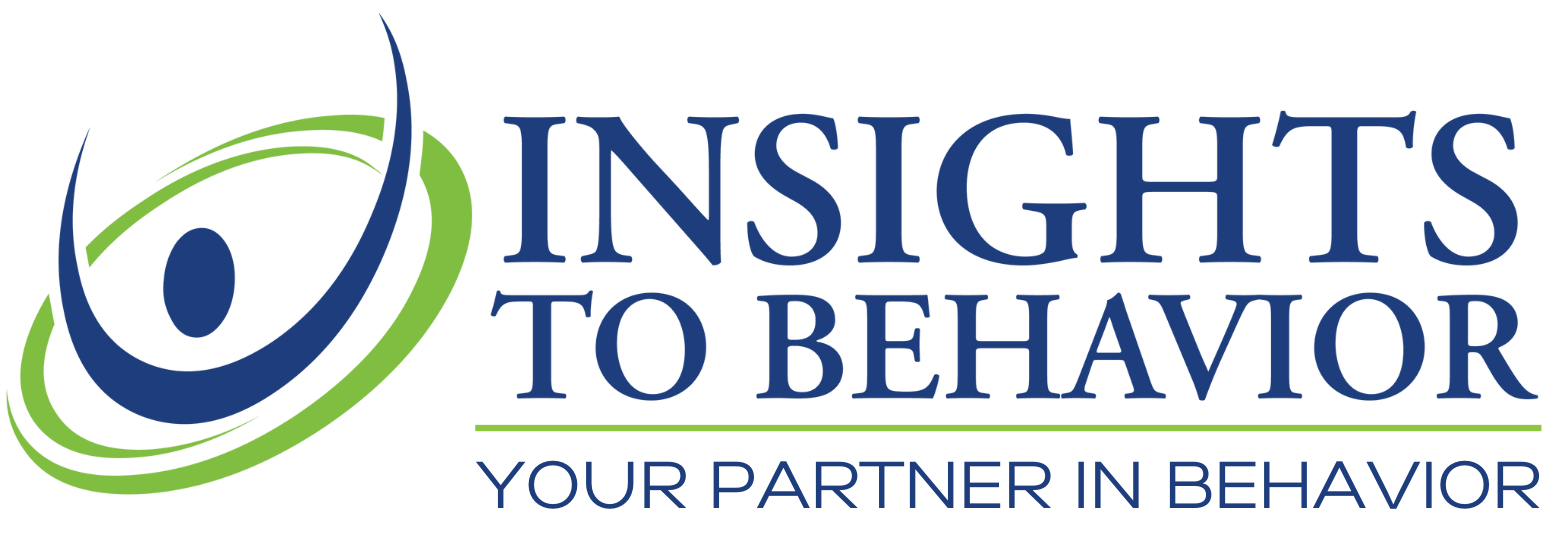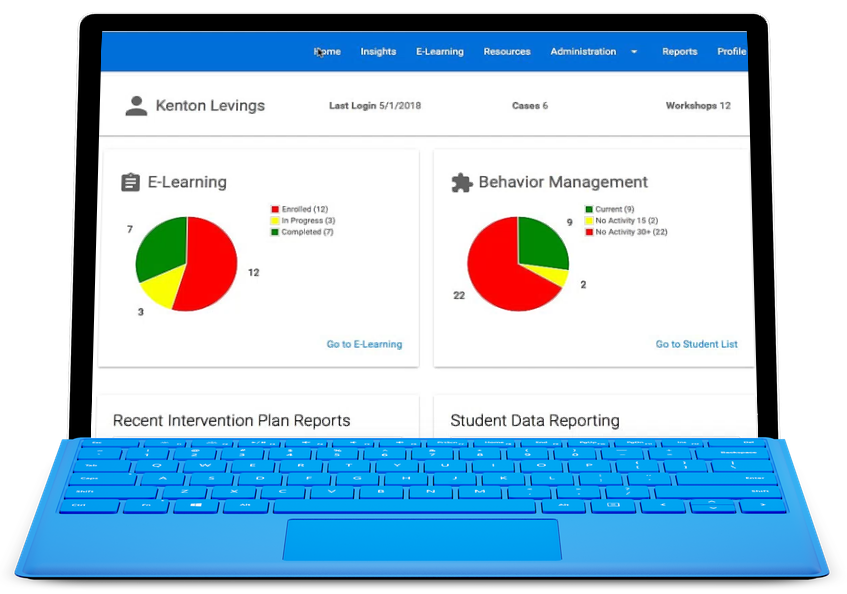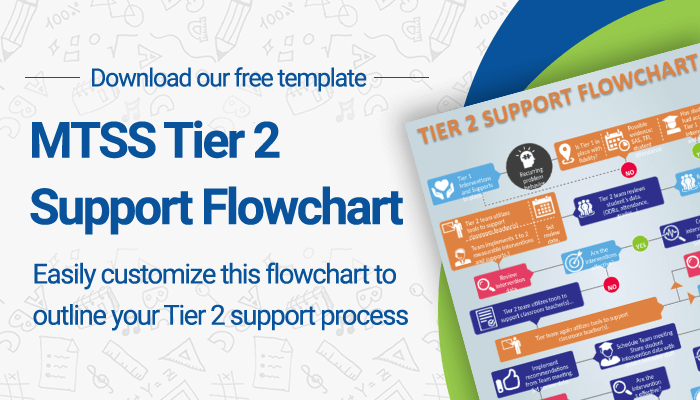Disruptive behavior in classrooms presents a significant challenge for educators, impacting not only the students directly involved but also the overall learning environment. Traditional disciplinary measures often focus on reactive responses to disruptive incidents, but a paradigm shift toward proactive intervention strategies is gaining traction in educational settings. This article explores the concept of proactive intervention and examines how educational technology (EdTech) is revolutionizing early intervention efforts to address disruptive behavior effectively.
Understanding Disruptive Behavior
Disruptive behavior encompasses a range of behaviors that interfere with the learning process, including defiance, aggression, and noncompliance. Research has shown that unaddressed disruptive behavior can have detrimental effects on both academic achievement and social-emotional development (Jones, Brown, & Aber, 2011). It is crucial for educators to understand the root causes of disruptive behavior and adopt proactive approaches to prevent escalation.
The Shift to Proactive Approaches
Proactive intervention focuses on identifying and addressing potential behavior problems before they escalate into disruptive incidents. Unlike reactive disciplinary measures, which often result in punitive actions after the fact, proactive strategies aim to intervene early to promote positive behavior and prevent disruptions. Early intervention has been shown to yield significant benefits for both students and educators, leading to improved academic outcomes and a more positive classroom climate (Johnson & Udall-Weiner, 2019).
Early Intervention with EdTech: The Basics
EdTech offers a wide range of tools and resources designed to support early intervention efforts in addressing disruptive behavior. One of the key features of EdTech is its ability to collect and analyze data related to student behavior, enabling educators to identify patterns and trends that may indicate the need for intervention (Espelage & De La Rue, 2018). Predictive modeling algorithms can help educators anticipate behavior problems and implement targeted interventions to prevent them from occurring.
Benefits of Early Intervention
Research has demonstrated the numerous benefits of early intervention in mitigating disruptive behavior and promoting positive outcomes for students. By addressing behavior problems proactively, educators can create a supportive learning environment that fosters academic achievement and social-emotional development. Early intervention also reduces the need for more severe disciplinary measures, such as suspensions or expulsions, which can have long-term negative consequences for students (Maag & Katsiyannis, 2017).
Implementing Early Intervention with EdTech
Implementing early intervention strategies with EdTech requires careful planning and collaboration among educators, administrators, and technology providers. Educators must be trained to use EdTech tools effectively and integrate them into existing behavior management practices. Professional development programs can help educators develop the skills and knowledge needed to leverage EdTech for early intervention purposes.
Addressing Challenges and Concerns
While EdTech holds great promise for early intervention, it is not without its challenges. Privacy concerns, data security issues, and access disparities are just a few of the obstacles that educators may face when implementing technology-driven intervention programs. It is essential for educators to address these concerns thoughtfully and ensure that EdTech solutions are used responsibly and ethically.
The Role of Educators and Administrators
Educators and administrators play a crucial role in facilitating the successful implementation of early intervention programs with EdTech. They must provide leadership, support, and resources to empower teachers to use technology effectively in promoting positive behavior and preventing disruptions. Collaboration between schools, districts, and technology providers is essential to ensure that EdTech solutions meet the unique needs of students and educators.
Looking Ahead: Future Trends and Opportunities
As technology continues to evolve, the future of early intervention holds great promise. Emerging technologies such as artificial intelligence, virtual reality, and augmented reality have the potential to further enhance early intervention efforts and provide new opportunities for supporting student behavior and well-being. Educators must stay abreast of these developments and be prepared to adapt their practices to leverage the full potential of EdTech in promoting positive behavior and preventing disruptions.
In conclusion, proactive intervention is essential for addressing disruptive behavior effectively and creating a positive learning environment for all students. By leveraging EdTech tools and resources, educators can identify behavior problems early, implement targeted interventions, and support students’ social-emotional development.
While challenges exist, the benefits of early intervention with EdTech are clear, offering educators new opportunities to promote student success and well-being in the classroom. Insights to Behavior provides the training and tools you need to successfully integrate EdTech in your school. Over 3,800 schools across five countries use our tools and software. Sign up for our free monthly managing student behaviors series here.



